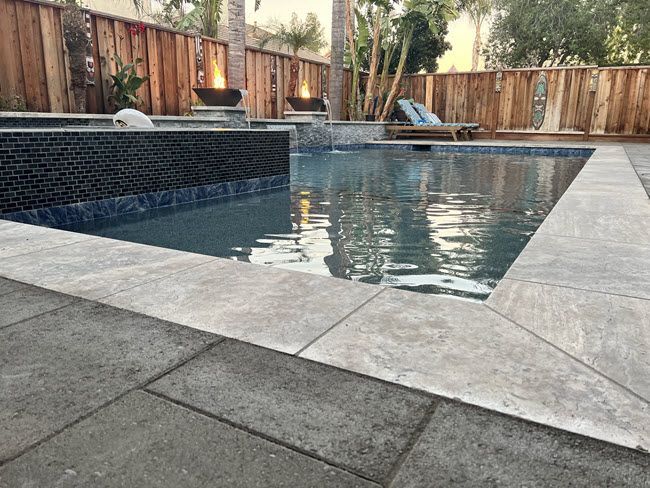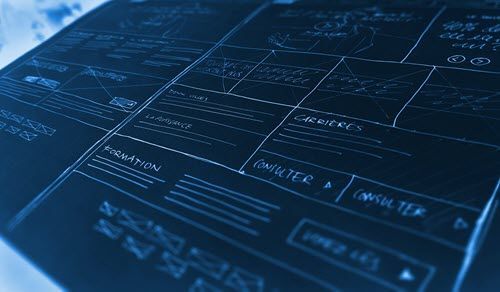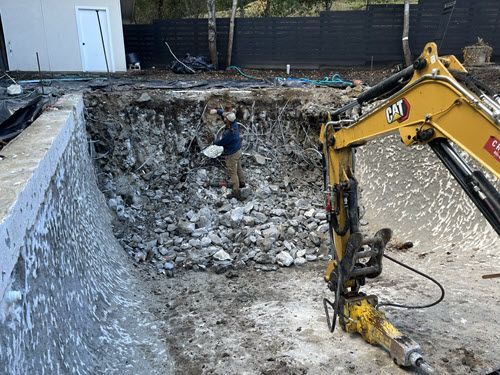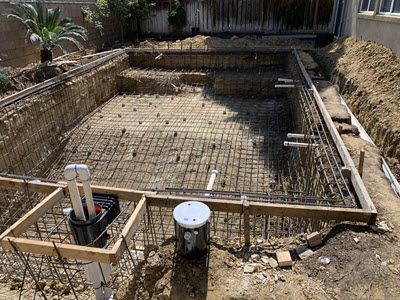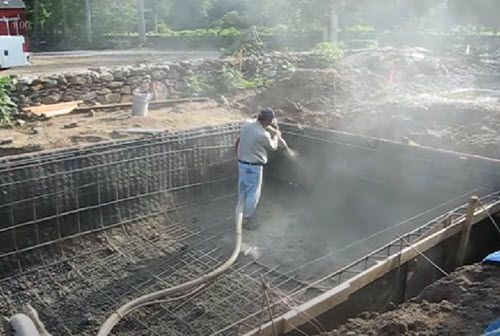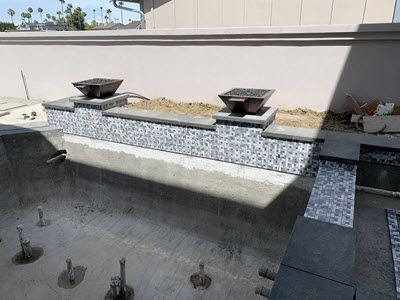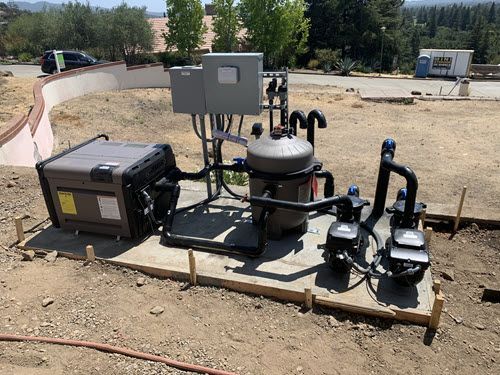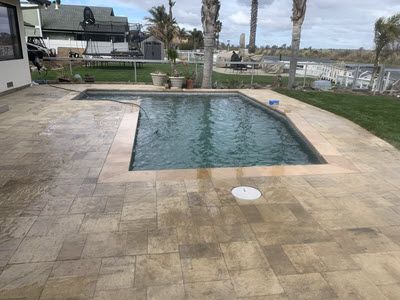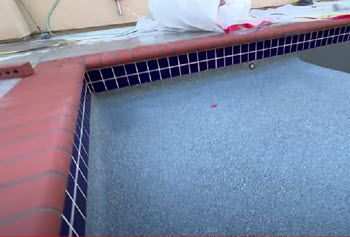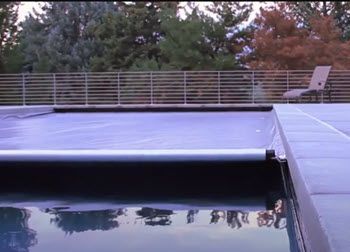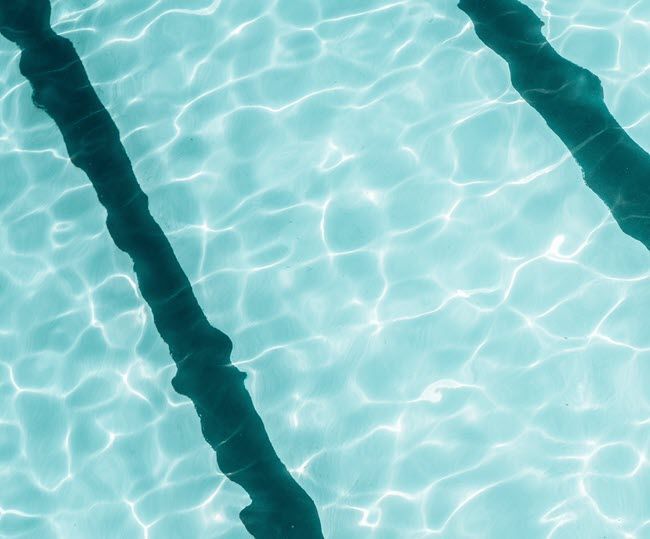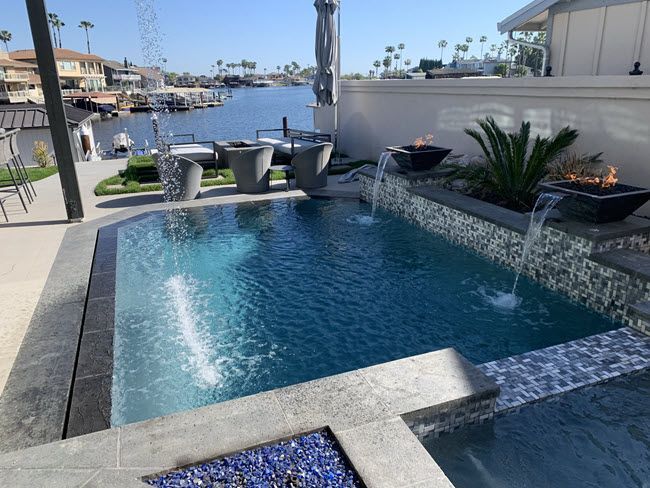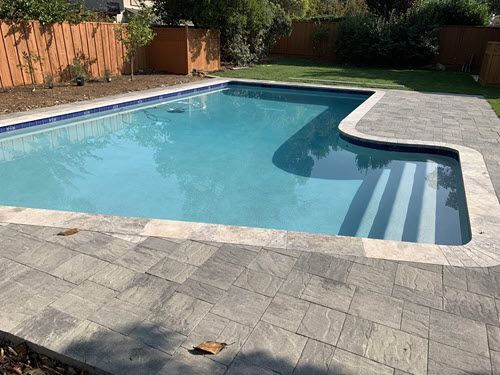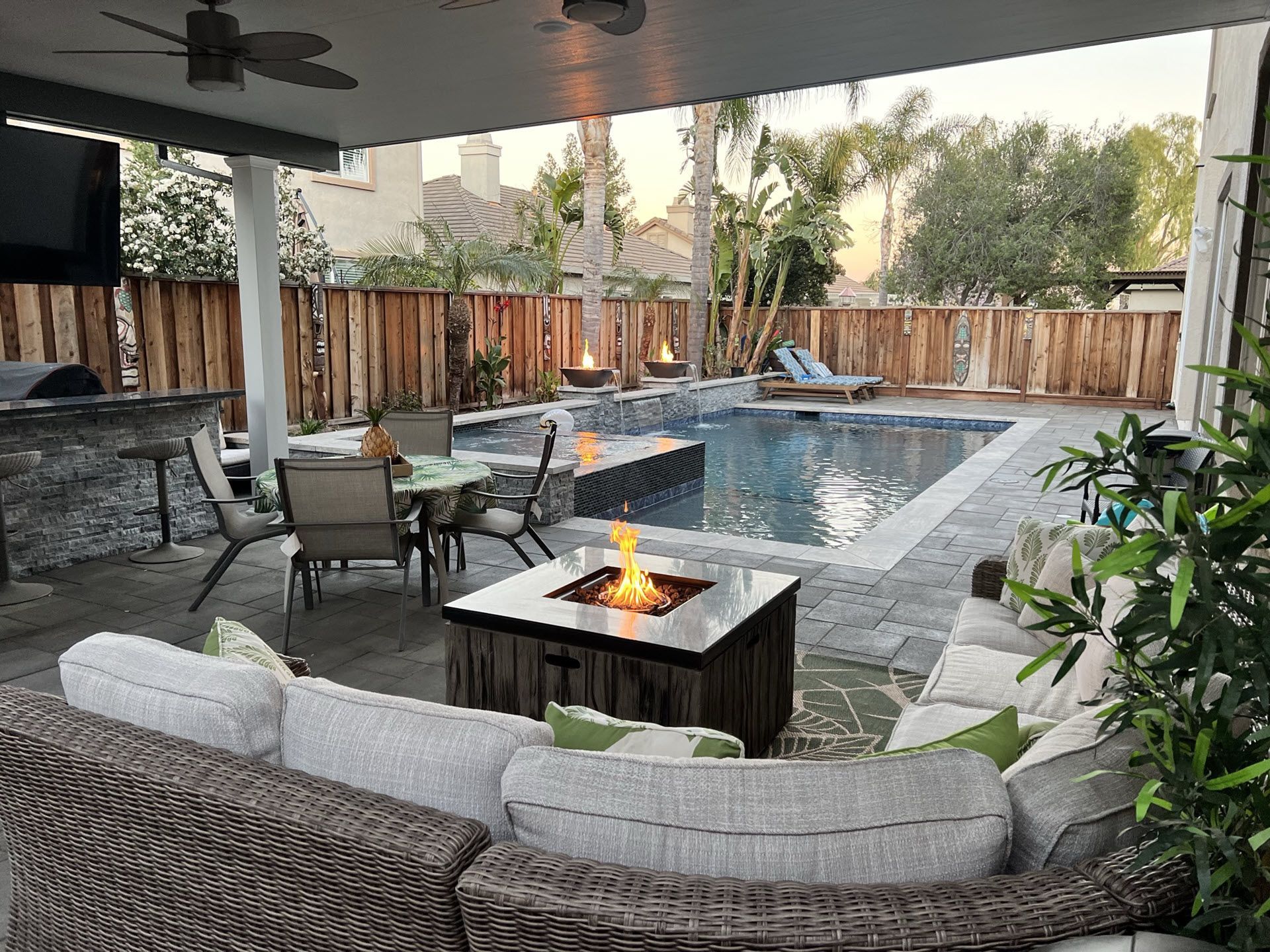The general process for this phase includes:
- Devising a plan and working with you to come up with a pool design.
- Once the design is finalized, a structural engineer is always needed for new pool construction and even sometimes for pool remodels if you’re changing the footprint of the existing pool. The engineer will create the plans for the structure and these plans will be included with the submittal package that’s created to get the building permits.
- Once we have all the required plans and engineering, we apply for permits and we submit those plans to the local building departments.
Depending on what city you’re building in, and the complexity of the project the timeframe for successfully getting permits can take anywhere from a few weeks to a few months.
Once the permits are obtained then the actual work can begin.
The cost for this permitting phase can run from $1,000 - $3,500, potentially more if a soils report is required. Additionally, there may be fees for drawing up plans and walking the documents through the permit process that could range between $500 - $1,000.

